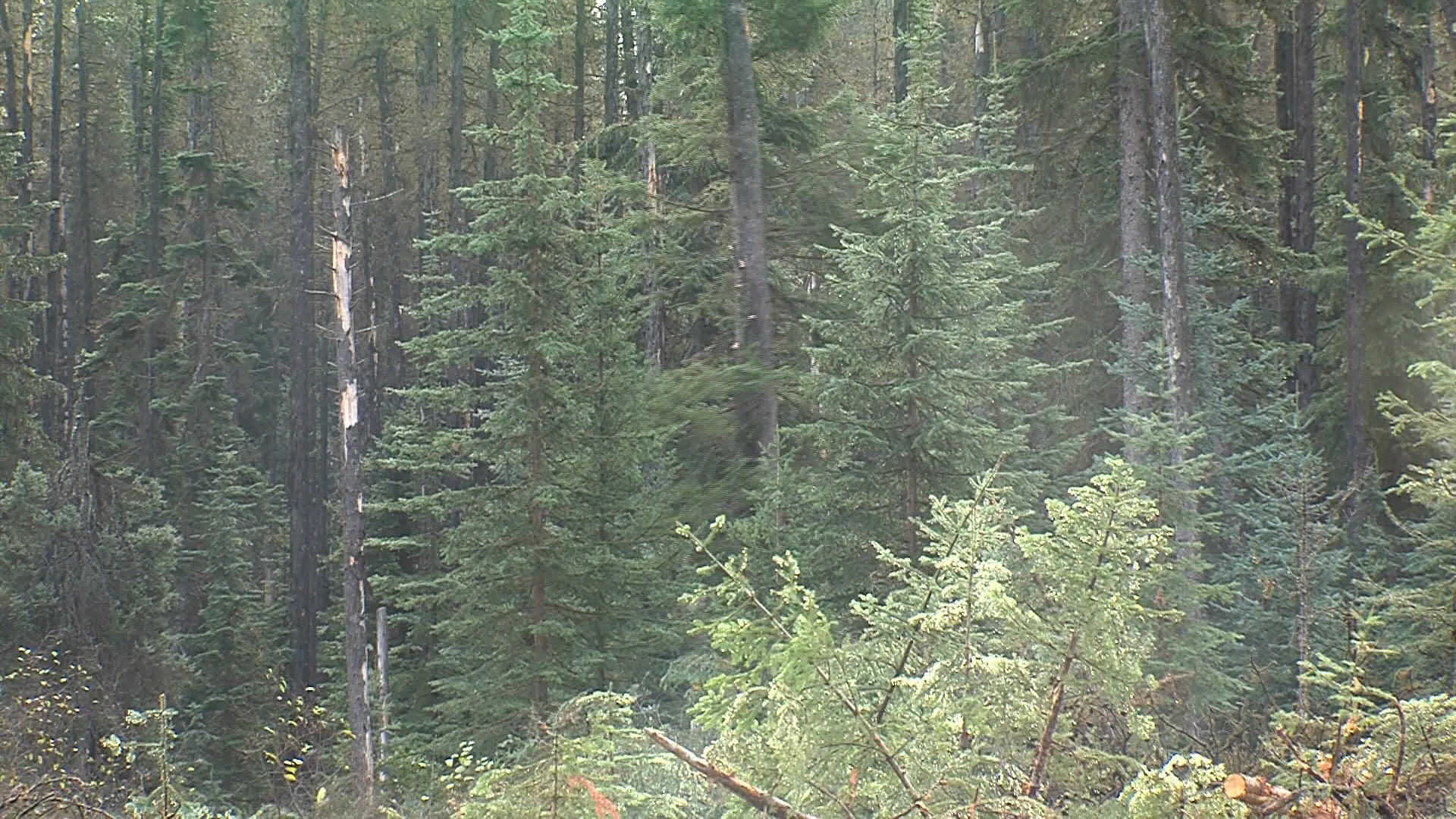
Glyphosate research released
PRINCE GEORGE – UNBC forest ecologist Dr. Lisa Wood has had the results of a study of glyphosate released in the Canadian Journal of Forest Research. Specifically, she has tested 10 plant species that have received small applications of the herbicide than those that are targetted with a larger application.
“My study showed one-year persistence. So very statistically-robust results suggesting one year after application, it’s still there in low concentrations,” she explains. “There’s definitely degradation that has happened, but there are low concentrations, to begin with on these off targets. One year after, we’ve got solid evidence it’s still there.”
glyphosate has been used for years by forestry companies, with the blessing of the Ministry of Forests, to “weed out” the less desirable trees and leaving behind single species, either pine, spruce or Douglas fir.
“What upsets me is the fact that it kills the deciduous growth that the insects and the birds and small mammals rely on to live,” explains Mike Morris, MLA for Prince George-Mackenzie. In 2015, as the Parliamentary Secretary to the Minister of Forests, Lands and Natural Resource Operations, he authored a report entitled: “Getting the Balance Right: Improving Wildlife Habitat Management in British Columbia.” While it didn’t specifically cite glyphosate, it lays out a path forward for the continuous improvement in balancing biodiversity and economic objectives.”
